How are diesel generators used in wastewater treatment?
Diesel generators are essential for wastewater treatment facilities since they keep the plants running all the time while protecting the environment and public health. These important infrastructures get their electricity from big diesel generators, which provide reliable energy for various treatment processes. These dependable power sources, which include pumping stations and aeration systems, let wastewater treatment plants work well even when the grid is down or when they are far away. Because they can start up quickly and change their power demands, they are necessary for the continuous flow and treatment of wastewater. Diesel generators make wastewater treatment systems more dependable and effective, which protects water sources and keeps towns throughout the world clean.
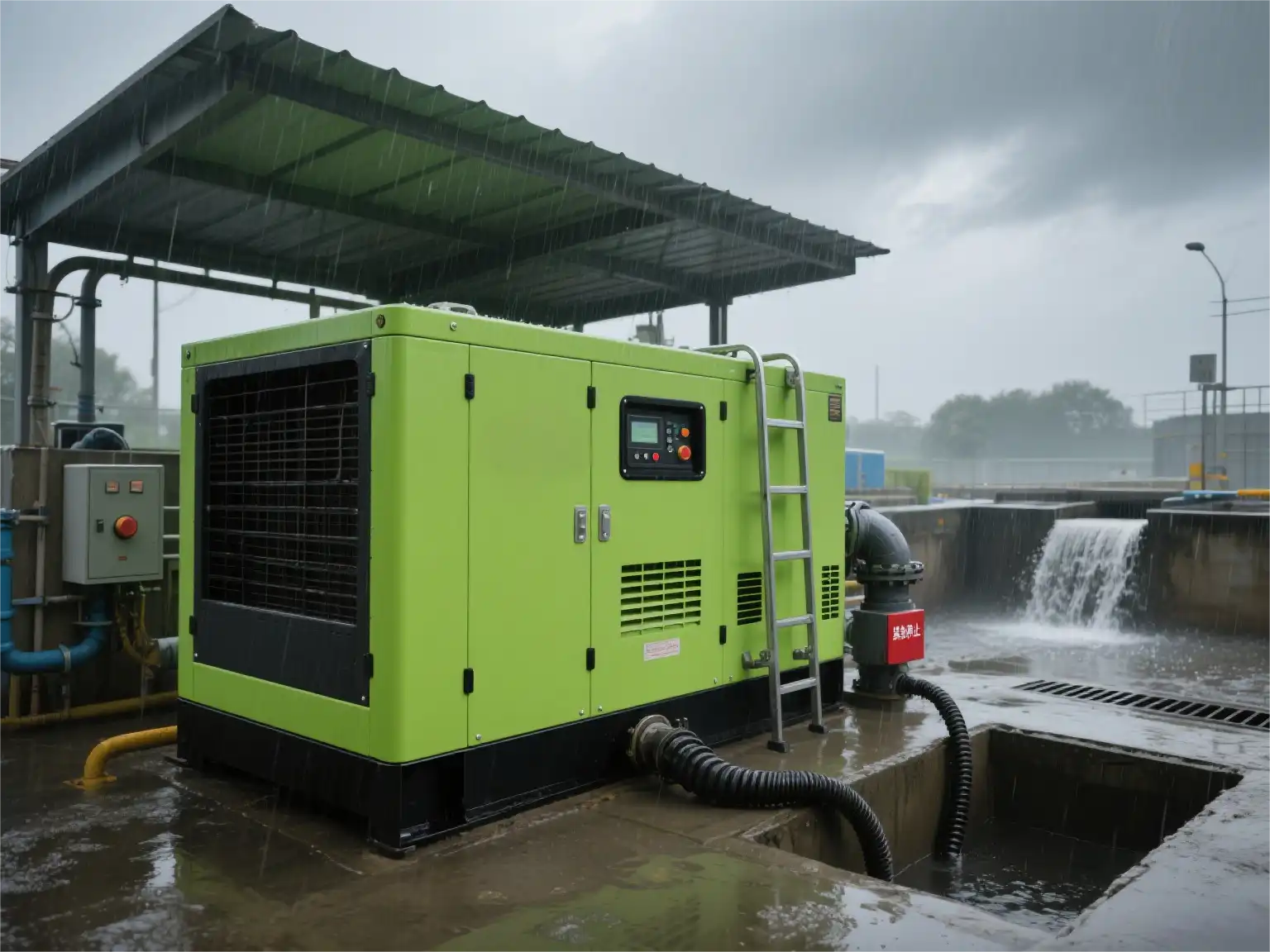
Backup Power Solutions: How Big Diesel Generators Keep Wastewater Systems Running
Wastewater treatment facilities require a constant and reliable power supply to maintain their critical operations. Big diesel generators serve as the cornerstone of backup power solutions in these essential infrastructures. When the main power grid fails, these generators spring into action, ensuring that vital processes continue without interruption.
Seamless Power Transition During Outages
Modern wastewater treatment plants are equipped with sophisticated automatic transfer switches that detect power failures instantly. These switches turn on the diesel generators in a matter of seconds, making the move from grid power to backup power smooth. This quick reaction is essential to avoid system shutdowns that might cause equipment damage or the release of untreated wastewater.
Powering Critical Equipment
Diesel generators in wastewater treatment facilities are sized to handle the power requirements of various critical equipment, including:
Pumps for influent and effluent flow
Aeration systems for biological treatment processes
Clarifiers and settling tanks
Disinfection systems
Sludge processing equipment
By maintaining power to these essential components, big diesel generators ensure that the treatment process continues uninterrupted, preserving water quality and protecting public health.
Regulatory Compliance and Environmental Protection
Wastewater treatment facilities must adhere to strict regulatory standards regarding effluent quality and discharge limits. Diesel generators play a vital role in maintaining compliance by preventing untreated or partially treated wastewater from being released into the environment during power outages. This not only safeguards ecosystems but also assists facilities in evading costly fines and penalties linked to non-compliance.
Can a Big Diesel Generator Handle Continuous Wastewater Treatment Demands?
While diesel generators are primarily designed for backup power, they can indeed handle continuous wastewater treatment demands under certain circumstances. However, several factors must be considered when evaluating their suitability for prolonged operation in these demanding environments.
Capacity and Sizing Considerations
To effectively meet the continuous power needs of a wastewater treatment facility, big diesel generators must be properly sized. This involves a comprehensive assessment of the plant's power requirements, including:
- Peak load demands during various treatment stages
- Power factor correction needs
- Future expansion plans
- Redundancy requirements for critical systems
Oversizing generators ensures they can handle fluctuating loads without strain, prolonging their operational life and improving reliability.
Fuel Efficiency and Storage
For continuous operation, fuel efficiency becomes a critical factor. Modern diesel generators have made significant strides in this area, with some models achieving fuel consumption rates as low as 0.28 liters per kWh at full load. However, facilities must also consider fuel storage capacity and delivery logistics to ensure uninterrupted operation during extended periods.
Maintenance and Durability
Continuous operation places increased demands on generator components. To withstand these challenges, big diesel generators designed for wastewater treatment applications often feature:
- Heavy-duty cooling systems to manage heat generation
- Robust alternators capable of handling harmonics and nonlinear loads
- Advanced filtration systems to protect against contaminants
- Extended service intervals to minimize downtime
Regular maintenance becomes even more critical in continuous-duty scenarios, requiring diligent scheduling and skilled technicians to ensure optimal performance and longevity.
Environmental Considerations
When used for continuous operation, diesel generators must meet stringent emissions standards. Many modern generators are equipped with advanced emission control technologies, such as selective catalytic reduction (SCR) systems and diesel particulate filters (DPF), to minimize their environmental impact. Facilities must carefully balance power needs with environmental responsibilities when considering diesel generators for prolonged use.
Energy Reliability: The Role of Big Diesel Generators in Wastewater Management
Energy reliability is paramount in wastewater management, and big diesel generators play a pivotal role in ensuring this reliability. Their importance extends beyond mere backup power, contributing significantly to the overall resilience and efficiency of wastewater treatment systems.
Load Management and Peak Shaving
In addition to providing emergency power, diesel generators can be strategically utilized for load management and peak shaving. During periods of high electricity demand or when grid power costs are at their peak, facilities can switch to generator power to reduce strain on the electrical grid and potentially lower operational costs. This capability allows wastewater treatment plants to optimize their energy usage and contribute to grid stability.
Integration with Renewable Energy Sources
As wastewater treatment facilities increasingly adopt renewable energy sources like solar and wind power, diesel generators serve as a crucial complement to these intermittent power sources. They provide reliable backup when renewable generation is low, ensuring a stable and consistent power supply. This integration of diesel generators with renewable energy creates a more robust and sustainable power system for wastewater management.
Remote and Off-Grid Applications
In remote or off-grid locations, big diesel generators often serve as the primary power source for wastewater treatment facilities. Their ability to operate independently of the main power grid makes them invaluable in areas where grid connection is unreliable or non-existent. This autonomy ensures that even isolated communities can maintain effective wastewater treatment systems, protecting public health and the environment.
Disaster Preparedness and Response
During natural disasters or other emergencies that may disrupt power supplies, diesel generators become critical assets in maintaining wastewater treatment operations. They are important parts of disaster preparation strategies since they can start up quickly and operate for a long time. These generators are very important for keeping public health and the environment safe since they make sure that wastewater treatment keeps going even during crises.
Jlmech is a top supplier of power solutions and has a variety of large diesel generators that are perfect for treating wastewater. We design our generators to work well in tough conditions for long periods of time. With AC output ranging from 20 to 3000 kW and voltage options of 110V, 220V, and 380V, Jlmech generators can be customised to suit the specific needs of any wastewater treatment facility.
The soundproof casings and vibration-dampening technology of our diesel generators make them great for cities where noise has to be kept down. Since these generators come in both silent and open-frame variants, you can install and use them in a variety of ways. They work well in a variety of settings since they have water cooling systems and electric starting mechanisms.
Our ISO9001-certified production methods and strict testing procedures show that Jlmech is serious about quality. We have three R&D centres and 126 technical professionals across the world, which means that our generators use the most up-to-date power production technology. With 26 overseas offices providing rapid spare parts and maintenance support, Jlmech offers unparalleled after-sales service to keep your wastewater treatment operations running smoothly.
Conclusion
Big diesel generators are necessary to keep wastewater treatment processes running smoothly and reliably. These strong power solutions are important for contemporary wastewater management because they provide backup power, help with load control, and work with renewable energy sources. As the industry changes, the need for power production that is dependable, efficient, and good for the environment will only rise. This will make diesel generators even more important for protecting public health and the environment.
Jlmech has a wide choice of diesel generators that are perfect for wastewater treatment plants that need consistent power. We design these generators to address the unique challenges encountered in this crucial field. We know how important it is for wastewater management to keep running smoothly since we have been in the power-generating business for more than 29 years and have operations in more than 10 countries. Our generators are built to last, work well, and meet international standards, so your facility can keep running at its best even in the toughest circumstances.
Whether you need a backup power system for a large urban treatment plant or a primary power source for a remote facility, Jlmech has the expertise and product range to meet your needs. Our team of 52 engineers across three R&D centres can work with you to customise solutions for tropical, arid, or high-altitude conditions, ensuring optimal performance in any environment. With our 2-year warranty covering both mechanical and electrical parts, you can trust in the long-term reliability and cost-effectiveness of our generators.
Don't allow problems with electricity to affect how you handle wastewater. Contact Jlmech today at skala@whjlmech.com to discuss how our diesel generator solutions can enhance the reliability and efficiency of your facility. Our experts are ready to provide you with a tailored power solution that meets your specific requirements and helps you maintain uninterrupted wastewater treatment operations.
References
1. Environmental Protection Agency. (2021). "Wastewater Technology Fact Sheet: Diesel Generators for Backup Power."
2. Johnson, R. & Smith, T. (2020). "Energy Management in Wastewater Treatment Plants: The Role of Diesel Generators." Water Environment Federation.
3. Martinez, L. et al. (2019). "Comparative Analysis of Power Supply Options for Wastewater Treatment Facilities." Journal of Environmental Engineering, 145(6).
4. Brown, D. (2022). "Resilience in Wastewater Infrastructure: Lessons from Emergency Power Systems." Water Research, 198, 117123.
5. Thompson, K. & Lee, J. (2021). "Integrating Renewable Energy and Diesel Generators in Wastewater Treatment: A Case Study." Renewable and Sustainable Energy Reviews, 152, 111656.
6. World Health Organization. (2023). "Guidelines for Wastewater Treatment Facility Power Management in Developing Countries."
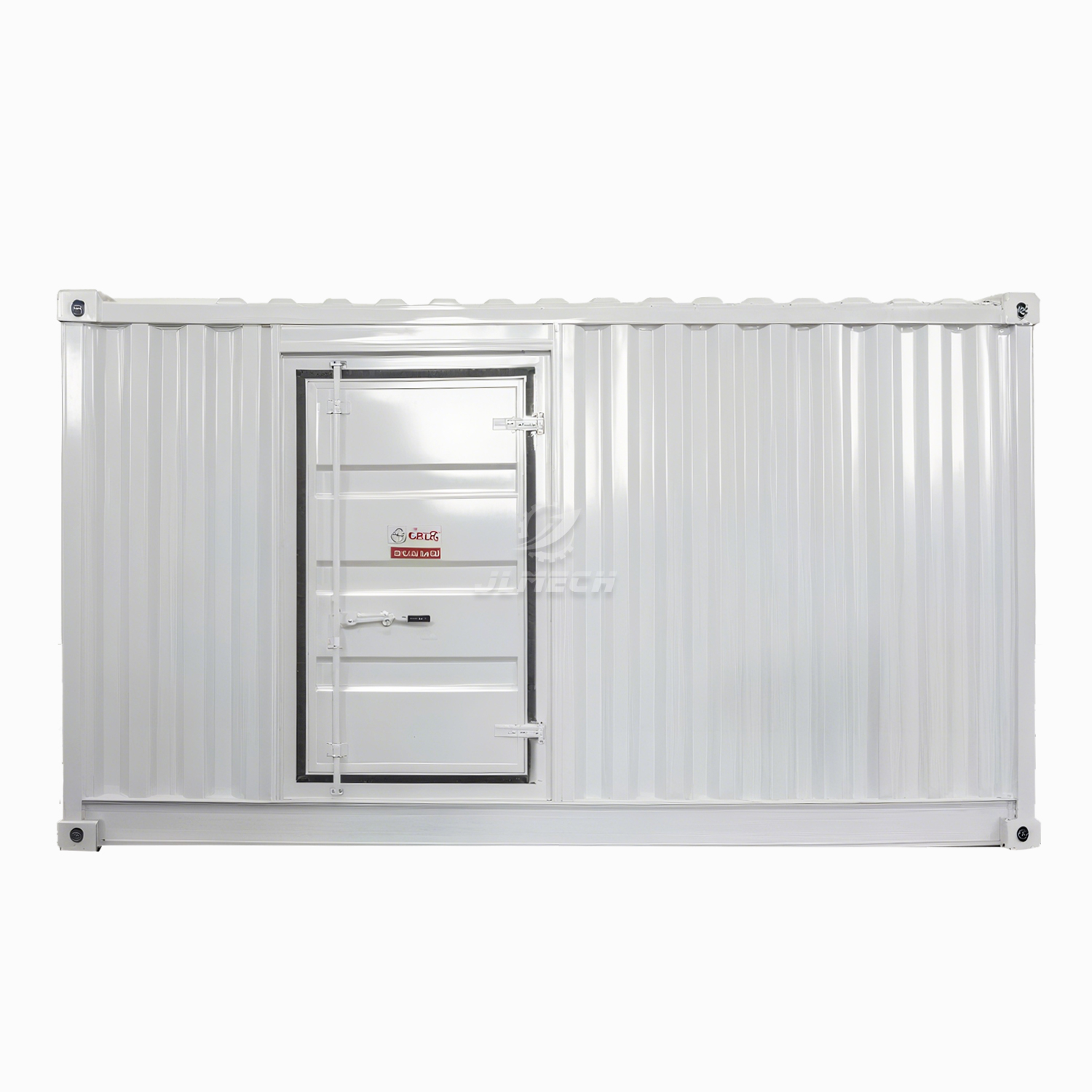 VIEW MOREContainer Type Diesel Generator
VIEW MOREContainer Type Diesel Generator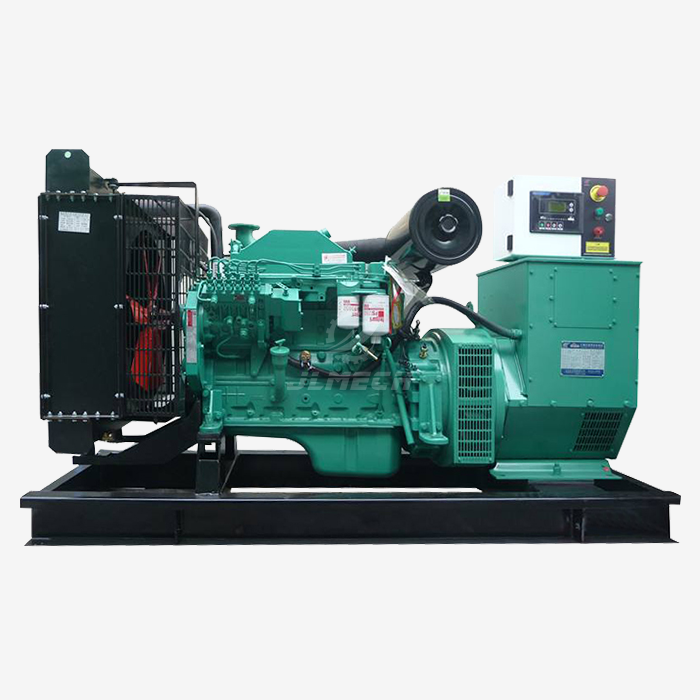 VIEW MORERemote Start Diesel Generator
VIEW MORERemote Start Diesel Generator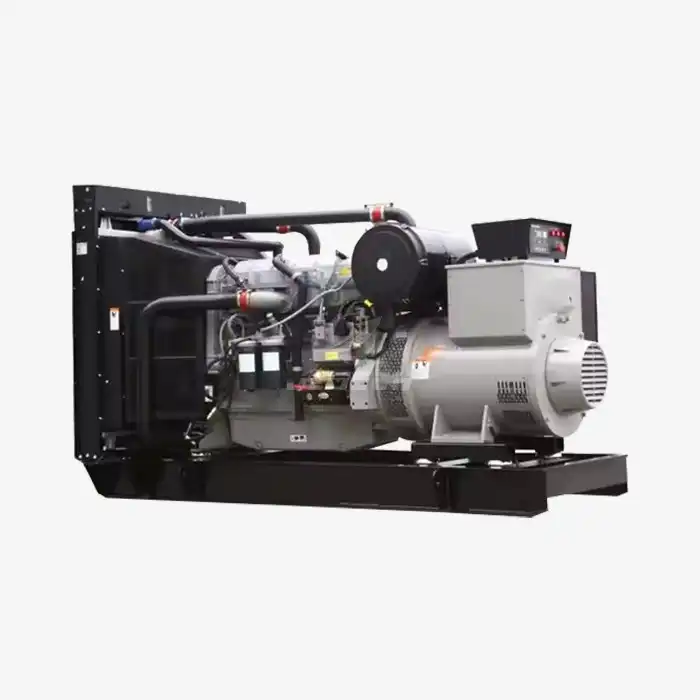 VIEW MORE100kVA Open Diesel Generator
VIEW MORE100kVA Open Diesel Generator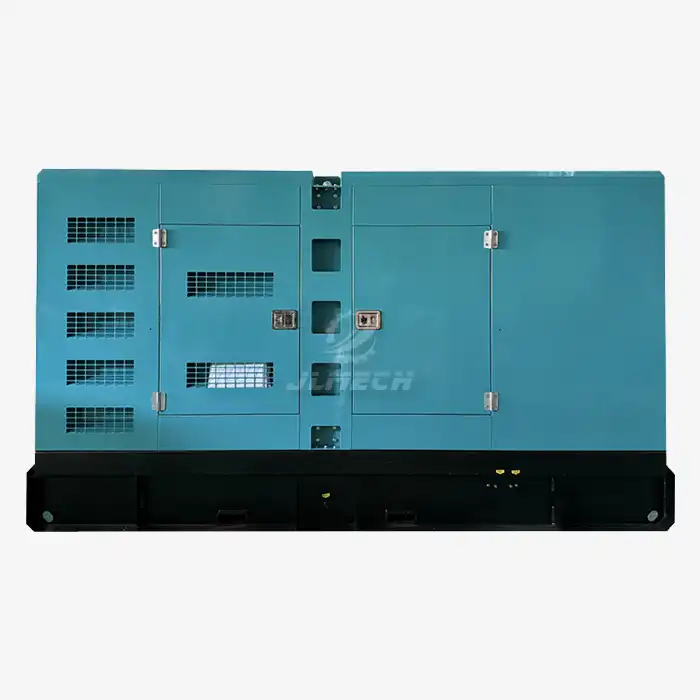 VIEW MOREgenerator 3 phase diesel
VIEW MOREgenerator 3 phase diesel VIEW MOREelectric powered hedge trimmer
VIEW MOREelectric powered hedge trimmer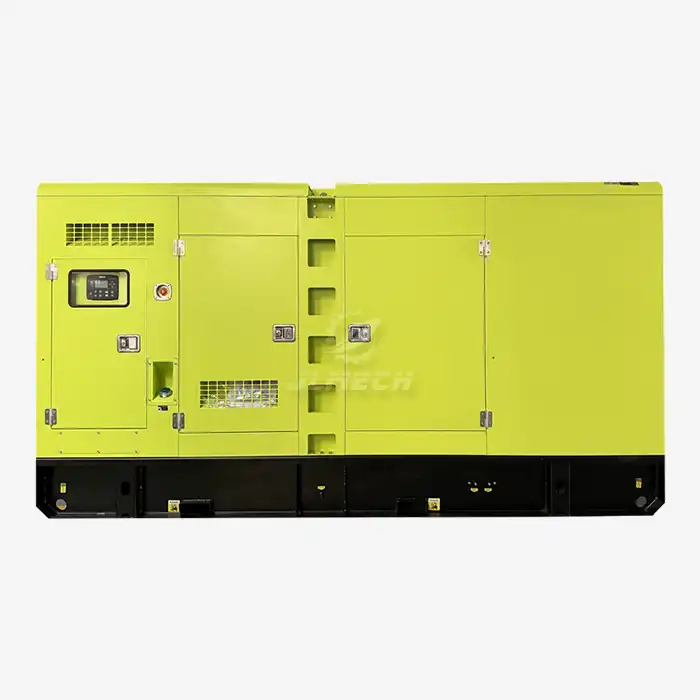 VIEW MORE220v 50hz super silent diesel generator set
VIEW MORE220v 50hz super silent diesel generator set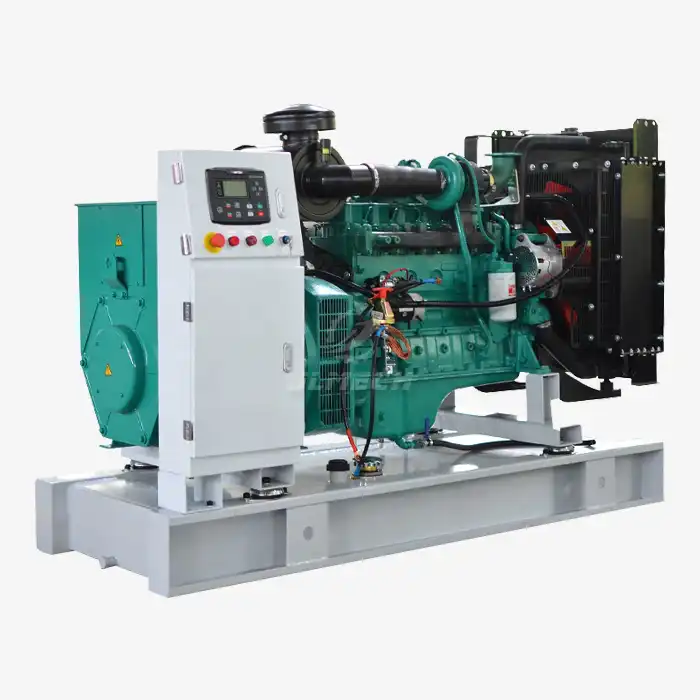 VIEW MOREweichai diesel power generator
VIEW MOREweichai diesel power generator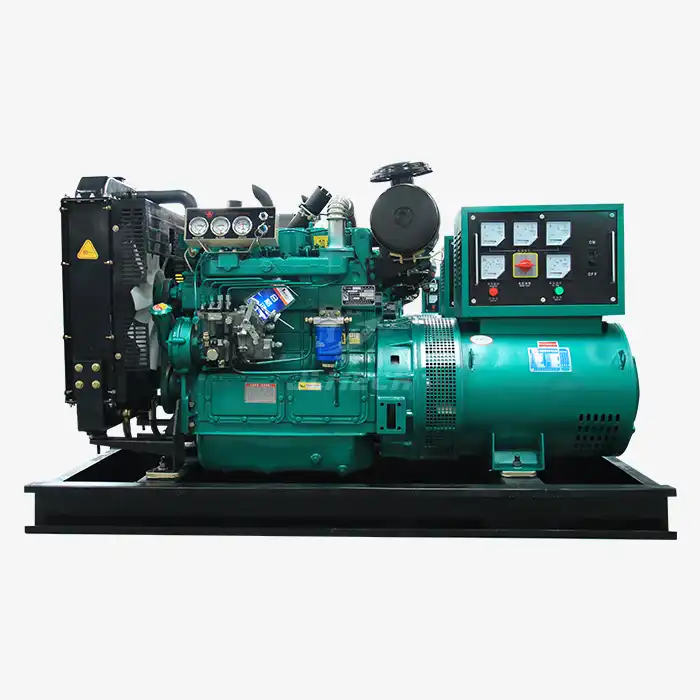 VIEW MORE25kva diesel power generator
VIEW MORE25kva diesel power generator



